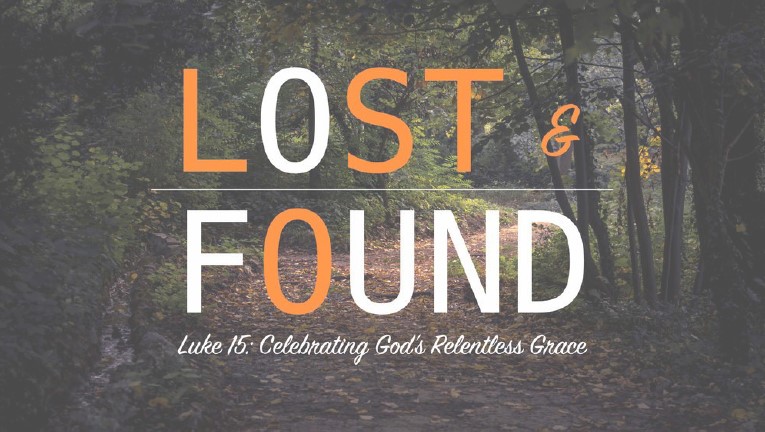The parable of the Prodigal Son is so well known that we may easily skim over the surface of it thinking we already know everything it has to tell us. However, the central teaching – of forgiveness and reconciliation – is never easy to learn. We need to review what repentance and restored relationships mean many times before we really learn to put these basic principles into practice in a real way.
One of the problems with our approach to this passage is that we have almost forgotten the brother of the Prodigal. We focus on the forgiveness of the father, and the restoration of the son, but we miss the fact that the two brothers had to learn to find each other again.
This was not an easy task, since the brother who had remained at home would now have to split some of his inheritance with his returned brother who had lost everything. His resentment is natural and understandable. But the question he needed to face was how much he valued his brother, how much he was willing to sacrifice for reconciliation, and how much he would rather be right than be in relationship. It must have been a tough choice, and the Gospel does not tell us what he finally decided to do. We are left to decide for ourselves the appropriate response in such a situation.
This week we will explore both the costs and the benefits of repentance, reconciliation and forgiveness.
SUNDAY 27 MARCH 2022
Read: Luke 15:1-3, 11b-32
Reflect: The Prodigal Son started out as a man who had little time for reflection. Life was waiting for him, and he wanted to experience every bit of it as intensely as he could. But the result of his choice to forgo planning and thinking is that he ended up with nothing – no money and no friends. At this point, he could have chosen to ignore his shame and lose himself in the struggle to survive. Jesus’ story does seem to imply that at first this is what he did, choosing to work as a labourer on a pig farm – some of the lowest work that people of his culture could do. But eventually he saw himself honestly, and made the decision to change. He took the first step in seeking forgiveness by confessing his fault, repenting (working to change), and reaching out to his family without waiting for them to make the first move. Notice that, when the older brother tried to reject his returned sibling, the father invited him to do similar work – to reflect on his own life, to change his attitudes and actions, and to make the first move to reconcile with his brother.
This is always how reconciliation works. When we wait for others to make the first move, or when we refuse to forgive unless the other person jumps through some hoop of our choosing, we will never truly find healing. But, when we are willing to acknowledge our own part in bringing reconciliation into being, and when we make the courageous choice to reach out first, then relationships can be healed and restored, and we can find life together. Who needs you to do this work today?
Do: The practice of speaking forgiveness is harder than just saying the words. We easily come up with all sorts of justifications for harbouring our grudges and hurts and withholding forgiveness. But the cost of unforgiveness is too high – for us and for our world. Today, try, in small ways, to practice speaking forgiveness over others – and yourself – as quickly and freely as you can.
Pray: As you have forgiven me, O God, so I choose to forgive
others in your name

